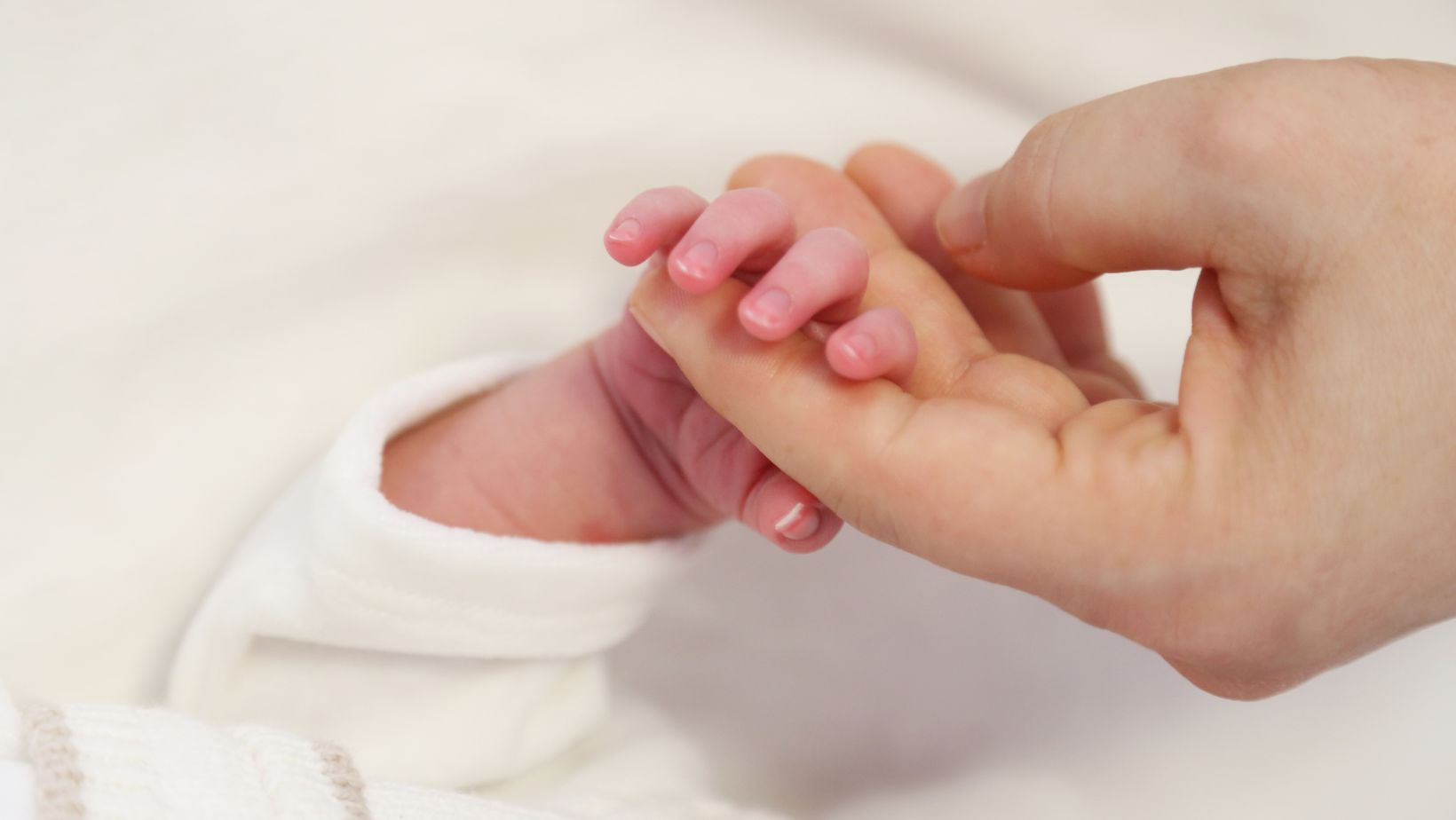The moment a child enters the world should mark a time of joy and promise. But when a birth injury occurs, that promise may shift into a future filled with unexpected challenges. These injuries disrupt critical stages of a child’s growth, impacting movement, speech, learning, and emotional health.
Parents face tough questions as they witness milestone delays or changes in behavior. Medical professionals might provide answers, but families need more than clinical insight. They need trusted legal support for newborn injury cases to help uncover the cause and pursue the care their child deserves.
In this post, we examine how birth injuries may affect your child’s development.
Physical Development
Many birth injuries interfere with muscle control and coordination. Conditions such as cerebral palsy result from damage to the brain’s motor centers, often during or shortly after birth. Children with such injuries may struggle with walking, grasping, sitting, or holding their heads up. Some develop muscle stiffness, while others lose strength or balance. In severe cases, a child may rely on mobility aids or therapy for years.
Even minor physical injuries, like shoulder dystocia or brachial plexus damage, reduce motion in the arms or neck. These delays make everyday tasks, like crawling, feeding, or playing, more difficult, delaying independence and social interaction.
Cognitive Development
When a birth injury affects the brain, it may slow mental development. A child may experience difficulty with memory, problem-solving, or attention. While some children catch up through therapy and support, others face long-term learning challenges. 
Early signs appear when a child fails to meet age-appropriate milestones such as speaking first words, recognizing shapes, or following simple instructions. These delays may stem from oxygen deprivation or trauma during labor, which interrupts healthy brain activity.
Speech and Language Skills
Speech delays emerge in children with neurological birth injuries. Affected children might take longer to form words, string sentences, or process spoken language. Weak muscles around the mouth and jaw may also affect clarity and pronunciation.
As a result, communication becomes harder, leading to frustration and reduced confidence. Without early support, speech challenges may persist into school years, affecting academic performance and peer relationships.
Emotional and Social Growth
Birth injuries may influence how a child responds to others. Frustration from physical or communication struggles leads to behavioral issues. Children might withdraw, act out, or struggle with emotional control. Delays in development also create barriers to forming friendships, leading to isolation.
Social delays, while less visible than physical ones, leave deep emotional marks. Parents notice increased sensitivity, frequent outbursts, or signs of anxiety during interactions with other children.
Conclusion
A birth injury shapes more than the early days of life; it echoes through the years, affecting how a child moves, thinks, speaks, and connects. With timely therapy and care, many children make meaningful progress, but the effects usually linger in subtle and significant ways.
Every parent deserves clarity, support, and hope when facing these changes. If medical negligence caused the injury to your child, contact a lawyer to file a lawsuit and receive compensation for your child’s future needs.

